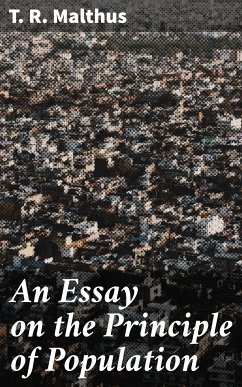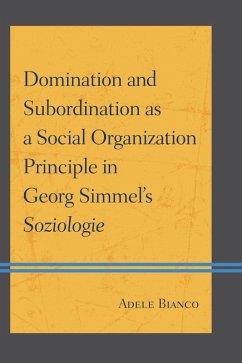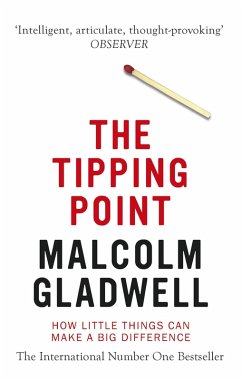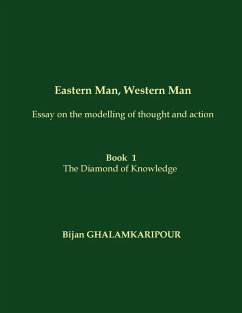
An Essay on the Principle of Population (eBook, ePUB)

PAYBACK Punkte
0 °P sammeln!
In "An Essay on the Principle of Population," T. R. Malthus presents a groundbreaking analysis of population dynamics and its effects on society. Written in a concise and accessible style, the essay argues that population growth tends to outstrip food supply, leading to inevitable social and economic challenges. Malthus's work engages with contemporary Enlightenment thought and debates surrounding human progress, emphasizing the tension between subsistence limits and the human propensity to reproduce. His exploration of population checks-famine, disease, and moral restraint-offers both a stark...
In "An Essay on the Principle of Population," T. R. Malthus presents a groundbreaking analysis of population dynamics and its effects on society. Written in a concise and accessible style, the essay argues that population growth tends to outstrip food supply, leading to inevitable social and economic challenges. Malthus's work engages with contemporary Enlightenment thought and debates surrounding human progress, emphasizing the tension between subsistence limits and the human propensity to reproduce. His exploration of population checks-famine, disease, and moral restraint-offers both a stark warning and a compelling philosophical inquiry into the sustainability of human life on Earth. T. R. Malthus, an English economist and demographer, was driven by his observations of social conditions in post-industrial England. His upbringing as the son of a prominent cleric and his education at Cambridge molded his perspective on the interplay between society and resources. Malthus's experiences during an age of rapid population increase and economic change deeply influenced his theories, prompting him to challenge the optimistic views of his contemporaries regarding human progress and agricultural development. For anyone interested in demographic theory, social policy, or economic history, Malthus's essay is indispensable. Its foreboding yet enlightening exploration of population issues remains relevant today amidst ongoing discussions about sustainability and global resource management. Engaging with Malthus's arguments will not only deepen your understanding of historical perspectives but also enhance your insight into contemporary challenges.
Dieser Download kann aus rechtlichen Gründen nur mit Rechnungsadresse in A, B, BG, CY, CZ, D, DK, EW, E, FIN, F, GR, H, IRL, I, LT, L, LR, M, NL, PL, P, R, S, SLO, SK ausgeliefert werden.













